Saudi Arabia becomes first country to perform 'fully robotic' heart transplant
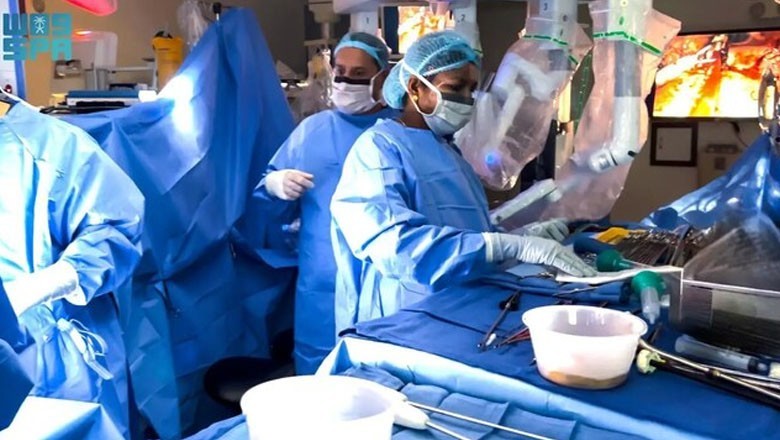
Web Desk
|
13 Sep 2024
In a groundbreaking achievement, Saudi Arabia's King Faisal Specialist Hospital & Research Centre (KFSHRC) has successfully performed the world's first robotic heart transplant on a 16-year-old patient.
The innovative procedure, led by Saudi surgeon Dr Feras Khaliel, took two and a half hours to complete and "promises faster recovery, reduced pain, and lower risk of complications".
Unlike traditional heart transplants, the robotic procedure does not require a chest incision, allowing patients to recover more quickly.
According to Arab News, the medical team extensively prepared for the operation, rehearsing the process seven times in a virtual environment over three days to ensure the patient's safety.
Experts hail this success as a significant advance in heart health and a demonstration of robotic surgery's utility in complex heart operations.
The use of robotic techniques without chest incisions is expected to reduce costs and facilitate faster patient recovery.
Dr Khaliel noted that the achievement aligns with Saudi Vision 2030, aiming to enhance quality of life, and represents a revolutionary development in cardiac care.
“The success of the world’s first robotic heart transplant marks a transformative leap, not only for our institution but also for Saudi Arabia’s journey toward global leadership in specialized medicine, in line with Saudi Vision 2030, which places innovation at the core of its efforts to improve quality of life,” KFSHRC CEO Dr Majid Al-Fayyad said
“This remarkable achievement would not have been possible without the unwavering support of the Saudi leadership, who have prioritized the development of the healthcare sector, paving the way for a transformative leap in health care services, unlocking new possibilities to elevate the quality of life for patients both locally and globally,” he added.
The pioneering procedure positions KFSHRC at the forefront of medical innovation, offering new hope for patients with heart failure worldwide.


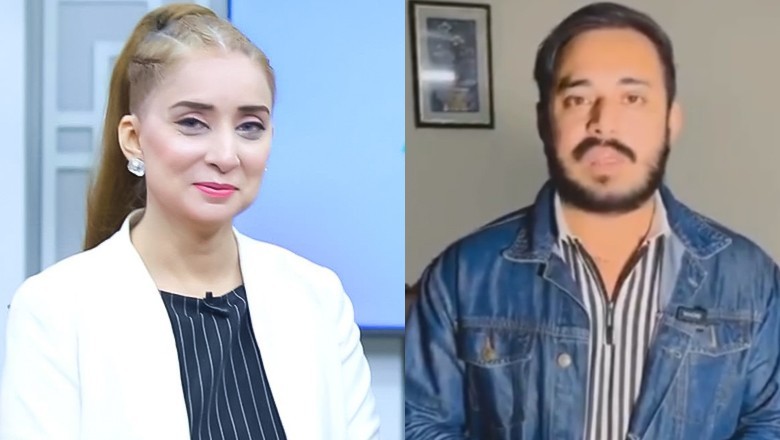

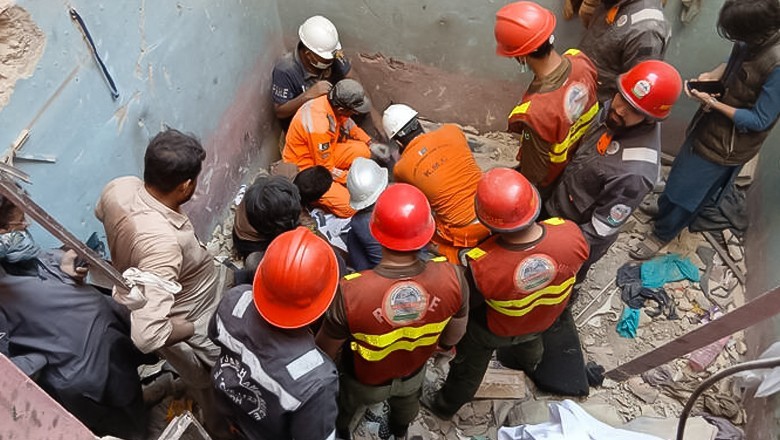

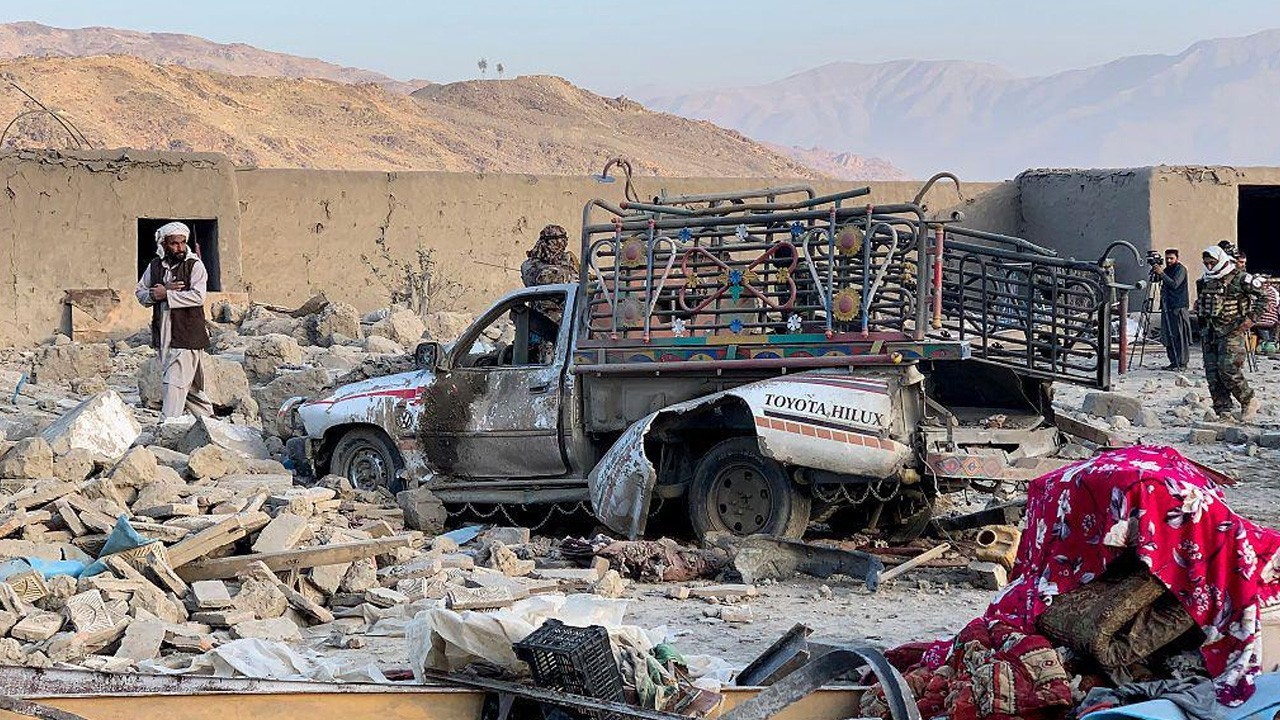
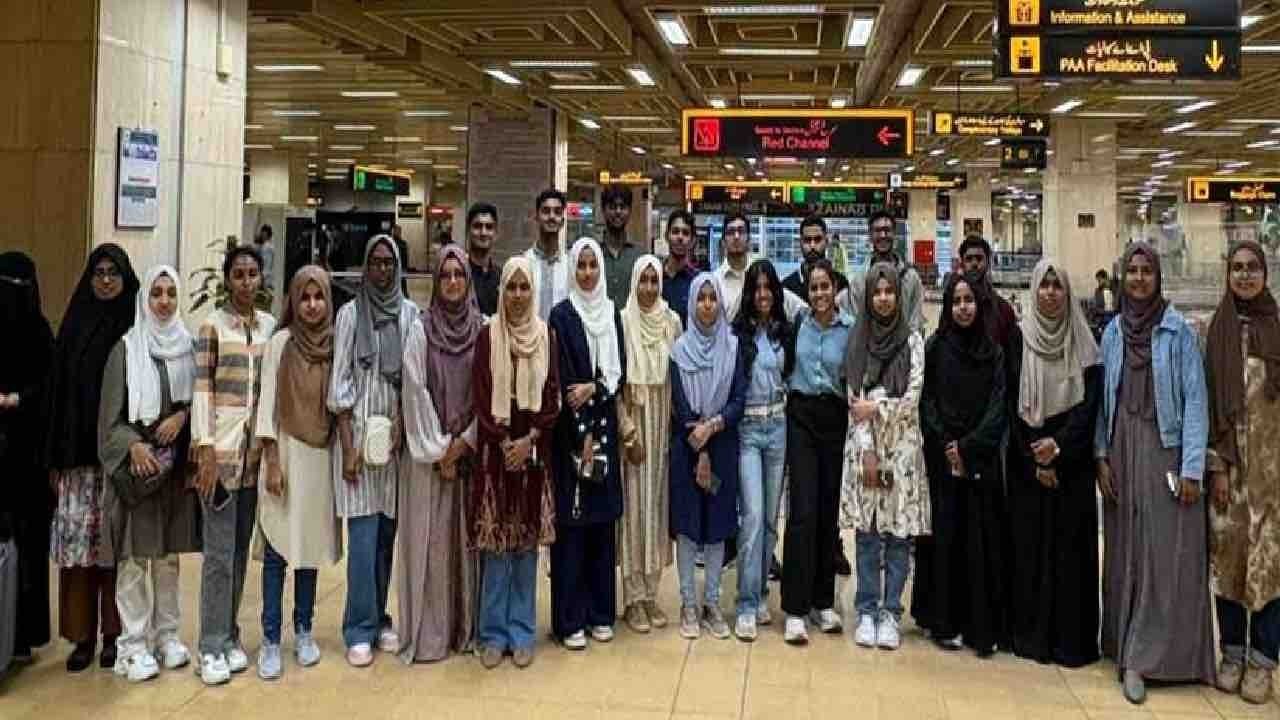

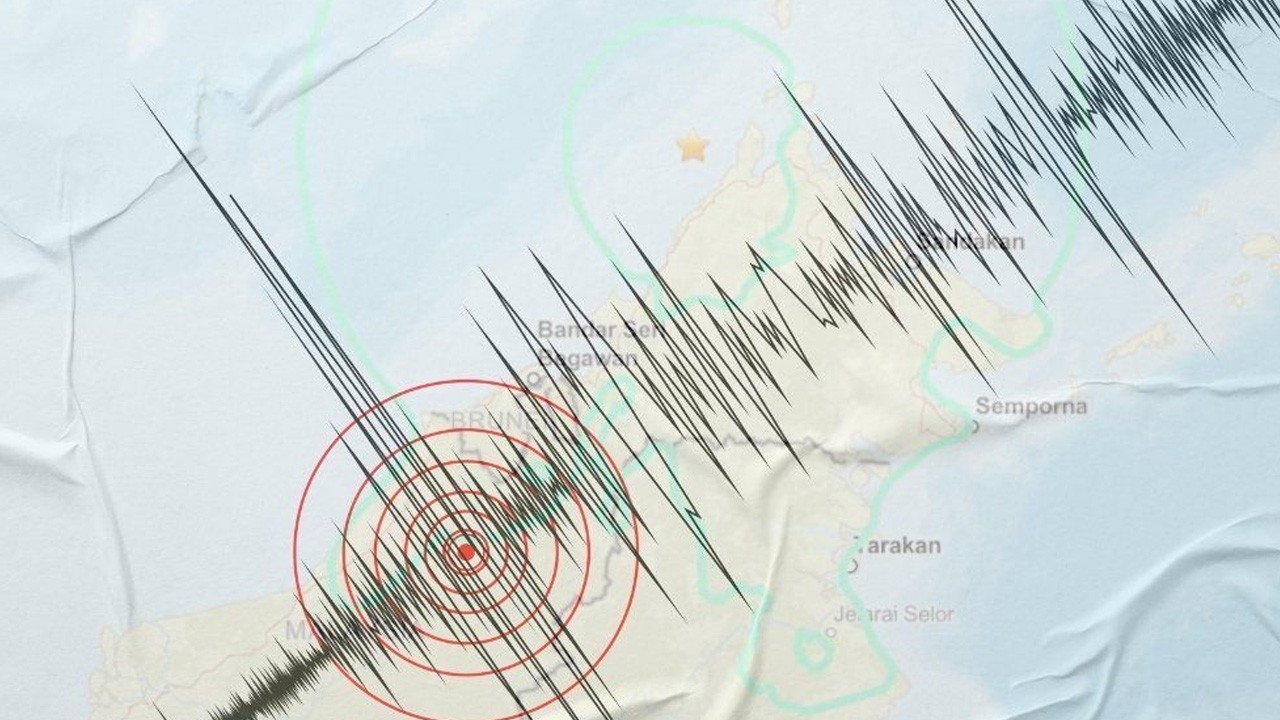
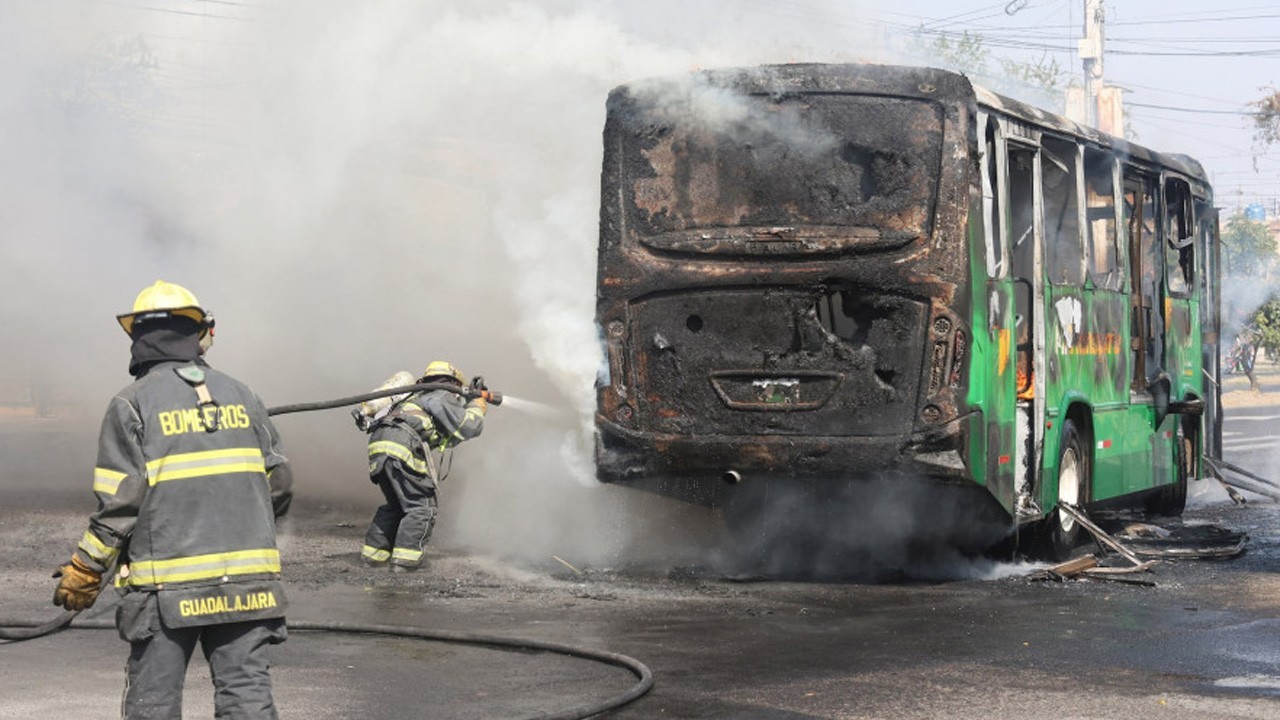

Comments
0 comment